8 Common Dental Care Mistakes That Destroy Our Teeth Bit By Bit
Avoid these hidden habits wrecking your smile and keep your pearly whites strong daily!
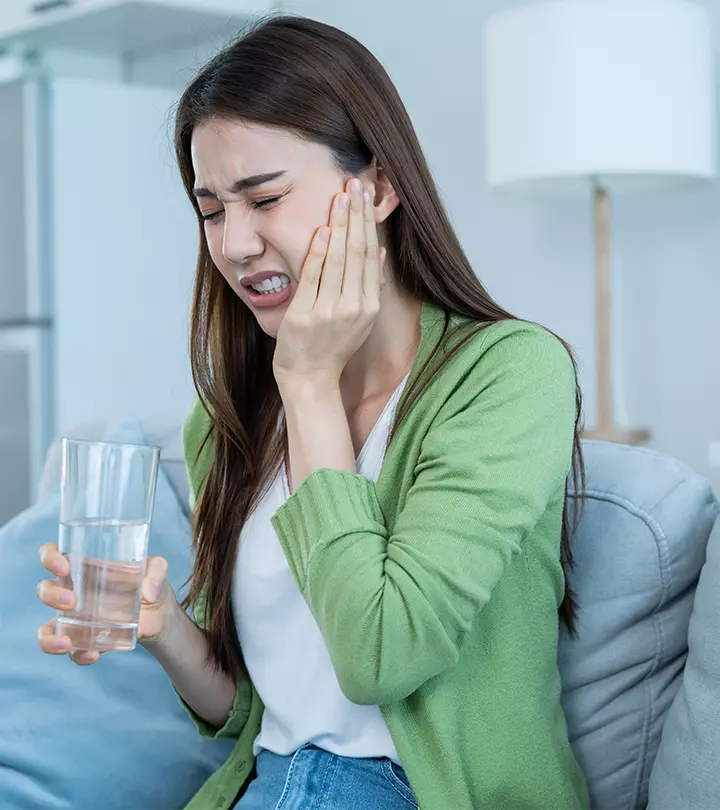
Image: Shutterstock
We are not really exaggerating when we say that our teeth are an invaluable asset that serves both functional and aesthetic purposes in our lives. They help us savor delicious meals, flash smiles, and communicate with confidence. However, many of us unintentionally make mistakes in our dental care routines that may hamper our dental health. In this article, we will discuss some common dental care mistakes that compromise the well-being of our teeth. By recognizing them and understanding how to avoid them, you can take proactive steps toward preserving your radiant smile. Read on!
In This Article
1. Ignoring Bad Breath
Bad breath can be indicative of inadequate oral hygiene or underlying gum diseases. You might not be able to understand how you smell, but unfortunately, the people who interact with you will! To gauge your breath’s freshness, you can try the wrist test. Simply lick the inside of your wrist and wait for 5-10 seconds. Now smell your wrist. This is how your breath smells to others.
Alternatively, you can gently swab the back of your tongue using your finger or a piece of cotton. Take care to avoid triggering your gag reflex by not venturing too far back. These quick tests can help you maintain a fresh and pleasant breath without making you feel conscious about how others feel about your breath.
2. Drinking Caffeinated Drinks After Brushing
It is a common practice for most of us to eat and drink coffee after brushing our teeth in the morning. However, brushing polishes the top coat on our teeth, and drinking or eating too soon after brushing can make the food particles stick too close to the surface and make it easy for germs to enter your teeth. Also, drinking coffee just after brushing can stain your teeth and make them yellowish even if you brush them every day.
3. Rinsing After Brushing
It’s a common practice to rinse your mouth with water, but it’s advisable to avoid doing so immediately. Rinsing right away after brushing may diminish the fluoride benefits of the toothpaste. While the initial taste of toothpaste can be strong, over time, you’ll likely become accustomed to it.
4. Not Brushing For Long
Brushing for less than 30 seconds may potentially contribute to cavities and other oral health issues. To ensure proper dental care, it’s recommended to spend a minimum of 30 seconds on each of the four quadrants within your mouth.
5. Brushing Harshly
Some of us are guilty of exerting excessive force while brushing our teeth. This can lead to enamel damage and heightened tooth sensitivity. Selecting a proper toothbrush and seeking guidance from your dentist for the right choice is important.
6. Brushing teeth After A Meal
It’s important to be aware that brushing your teeth right after eating, particularly if you’ve consumed acidic substances, can potentially harm your enamel. To safeguard your dental health, it’s advisable to refrain from toothbrushing for approximately 30 minutes after a meal.
7. Not Changing Your Toothbrush
Typically, dentists advise replacing your toothbrush every three months. However, it’s essential to do so sooner if you notice the bristles becoming frayed. This ensures that your brush remains effective in thoroughly cleaning every nook and cranny of your teeth.
8. Not Changing Toothbrush When You Are Sick
It’s important to note that a toothbrush can’t eliminate bacteria from the mouth. If you happen to fall ill, it’s advisable to replace your toothbrush to prevent potential reinfection. Additionally, during the period of illness and the days following, take care to ensure that your toothbrush does not come into contact with other toothbrushes to minimize the risk of spreading any pathogens.
How To Keep Your Teeth Healthy
Maintaining healthy teeth is essential for overall well-being and confidence. To ensure your oral health remains in top shape, a consistent and thorough dental care routine is crucial. Pay close attention to brushing for a full two minutes and covering all surfaces of your teeth and gums. Flossing is equally important, as it helps remove food particles and plaque from between teeth and along the gumline. Aim to floss once a day, gently gliding the floss between each tooth without snapping it. Regular dental check-ups are crucial, so schedule biannual visits to your dentist for professional cleanings and examinations. These appointments can detect and address dental issues before they become more serious.
Limiting sugary and acidic foods and drinks can significantly contribute to healthy teeth. If you indulge in such food, be sure to rinse your mouth with water afterward. Lastly, avoid habits like smoking and excessive alcohol consumption, which can lead to oral health problems. By following these practices and maintaining good oral hygiene, you can safeguard your teeth and enjoy a radiant, confident smile for years to come.
Read full bio of Indrani Karmakar



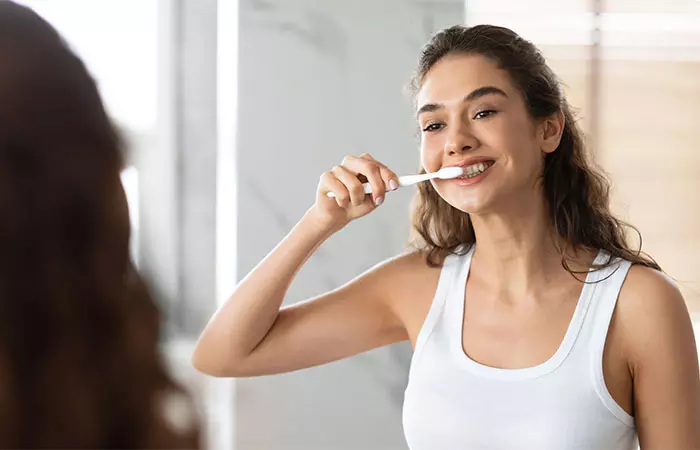
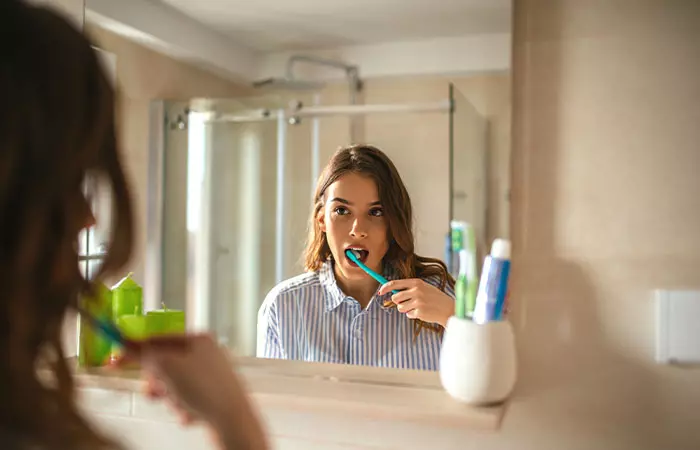
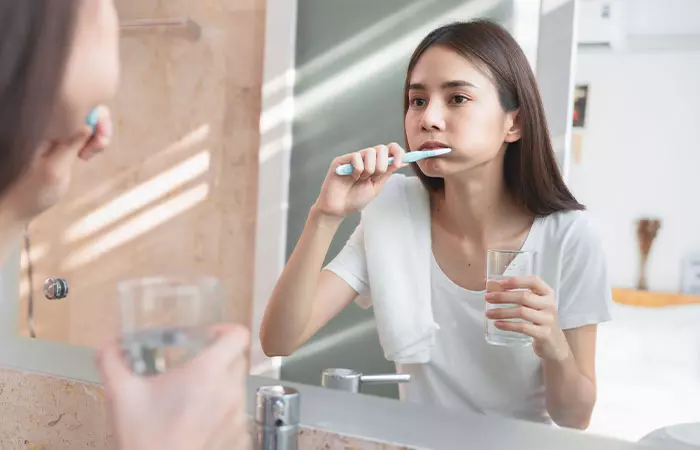

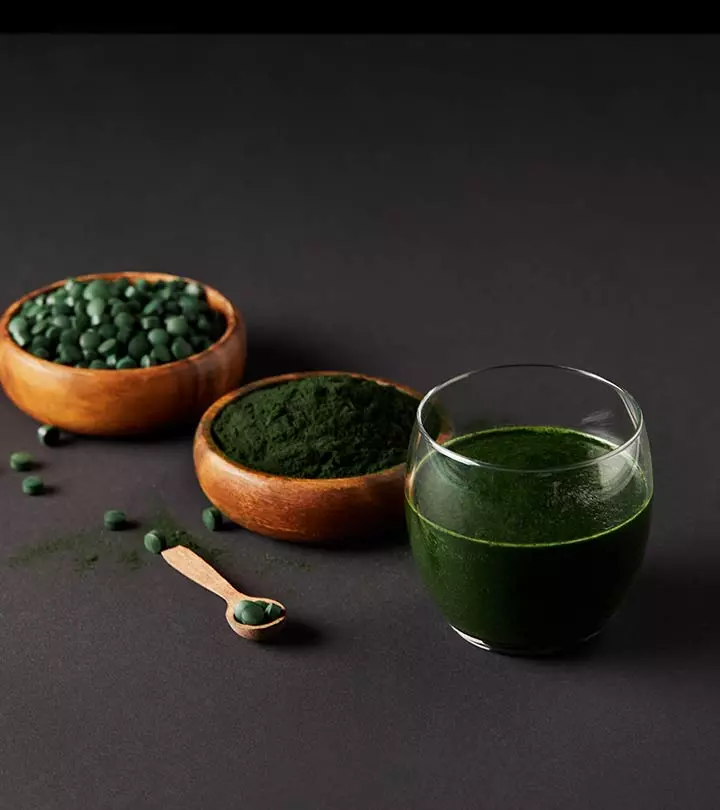
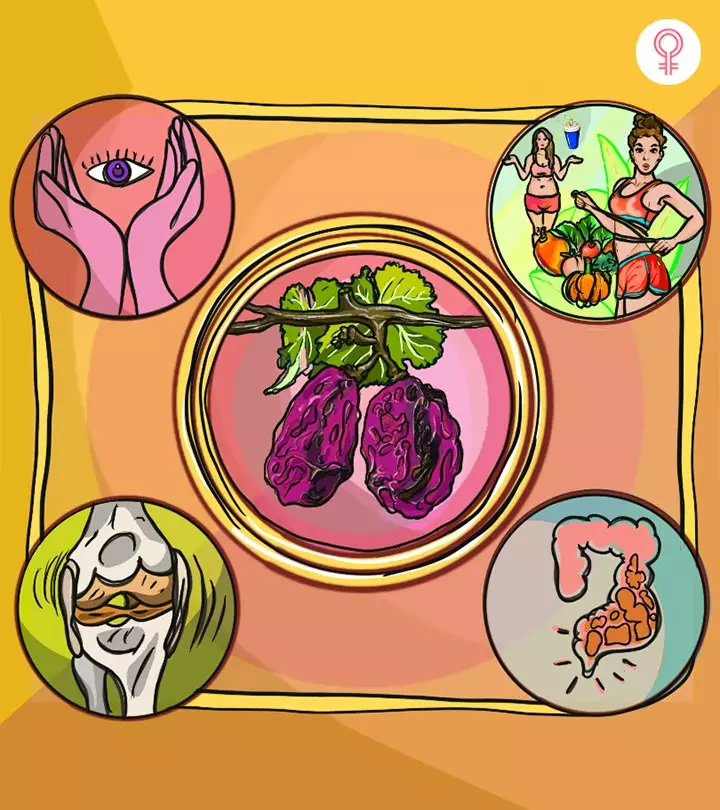


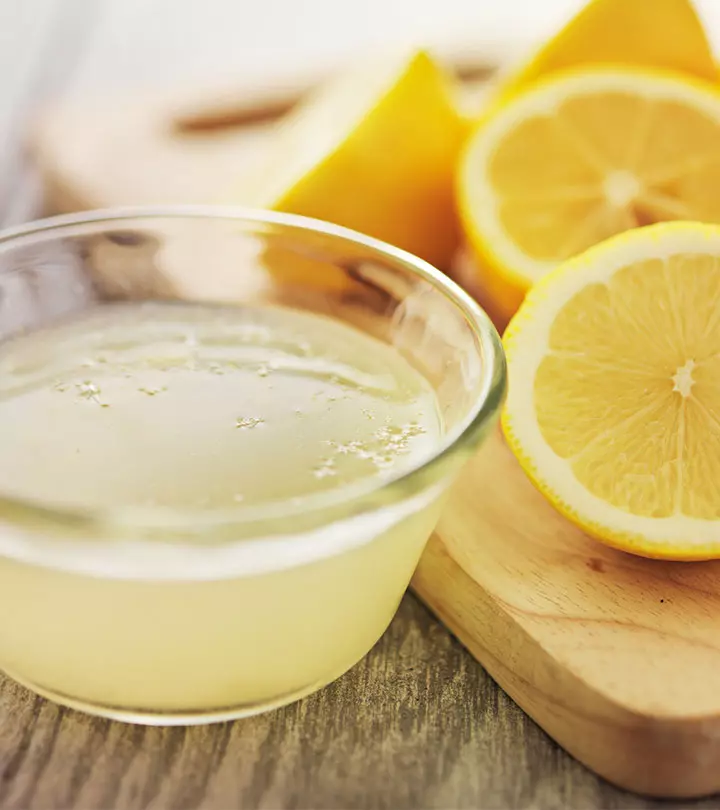
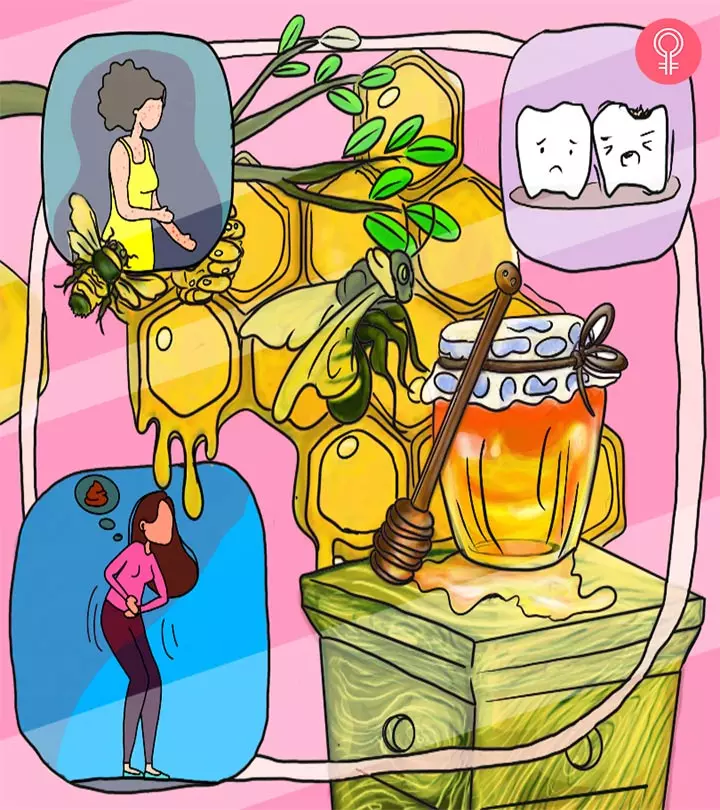

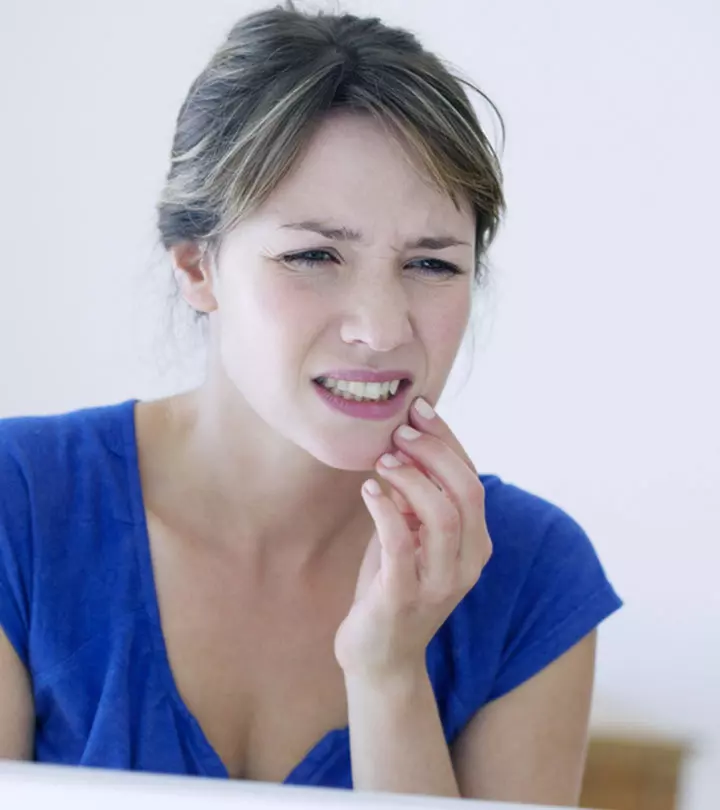
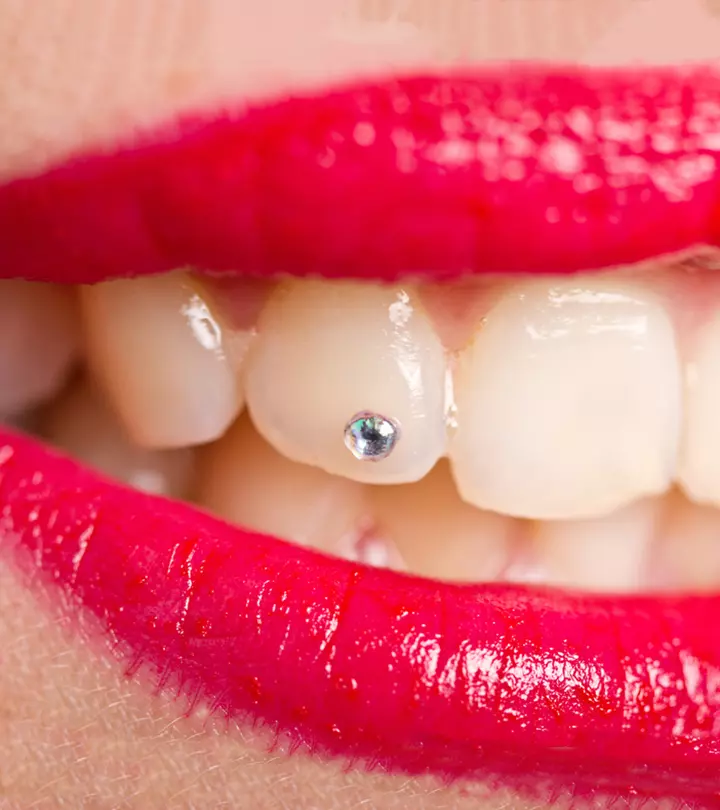





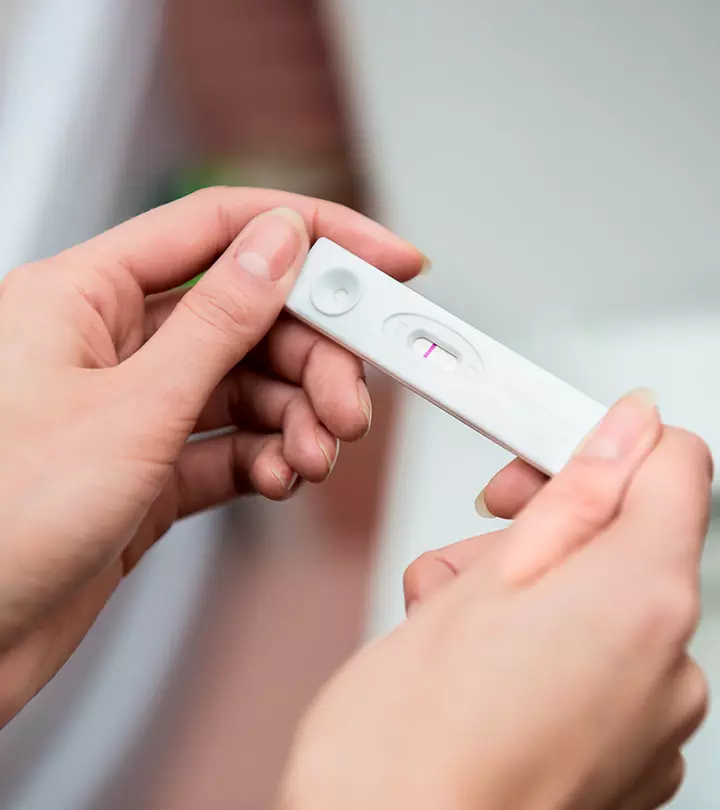
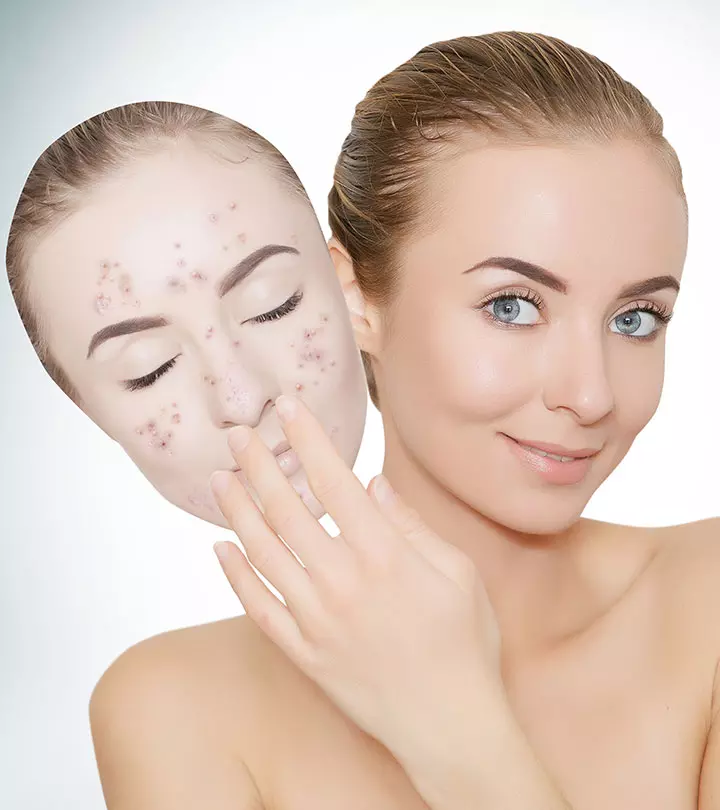

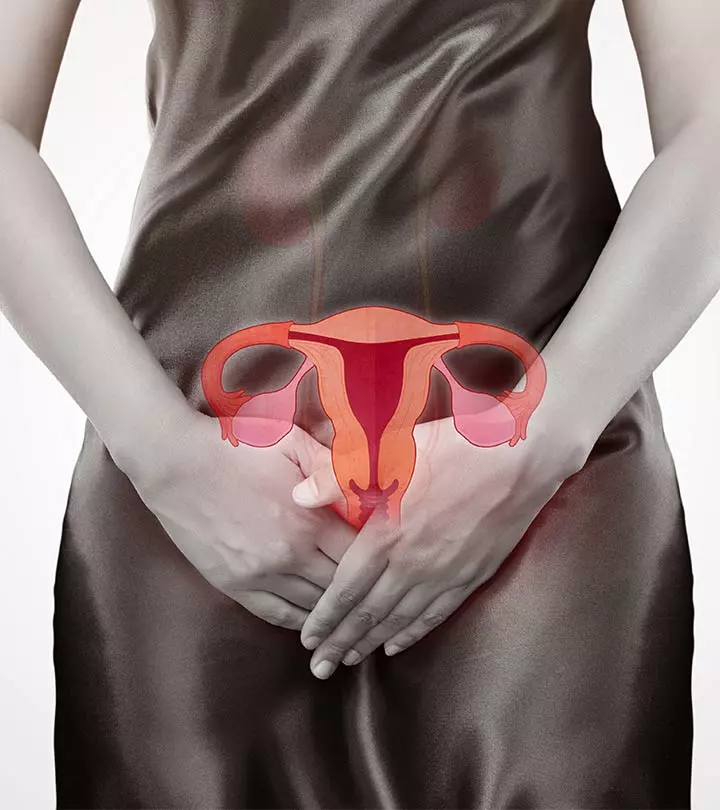

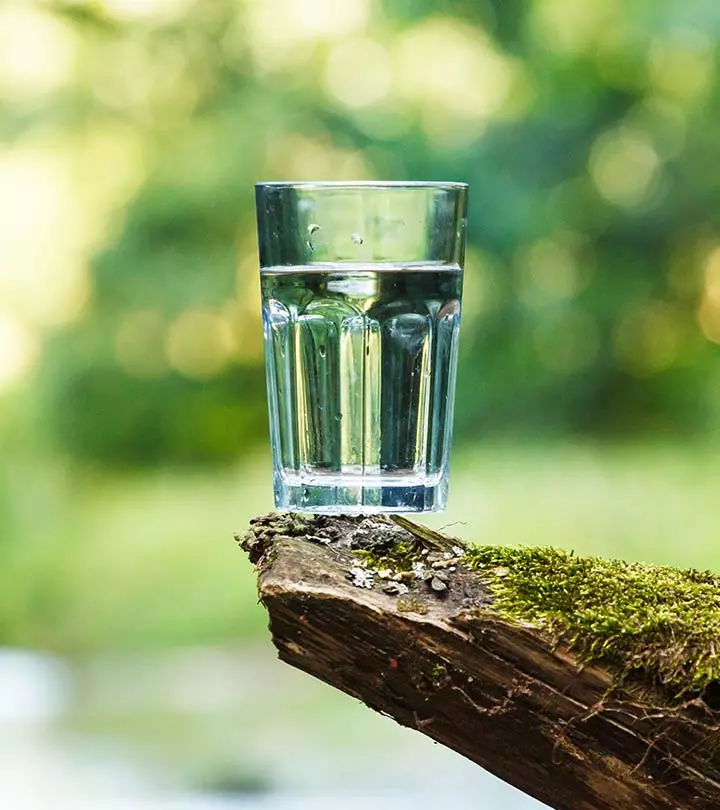

Community Experiences
Join the conversation and become a part of our empowering community! Share your stories, experiences, and insights to connect with other beauty, lifestyle, and health enthusiasts.